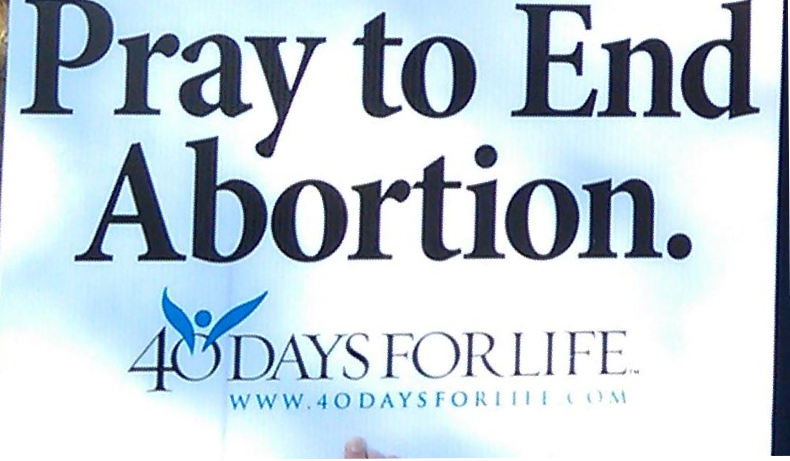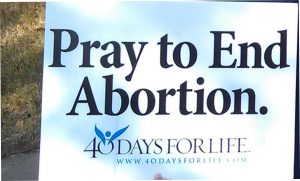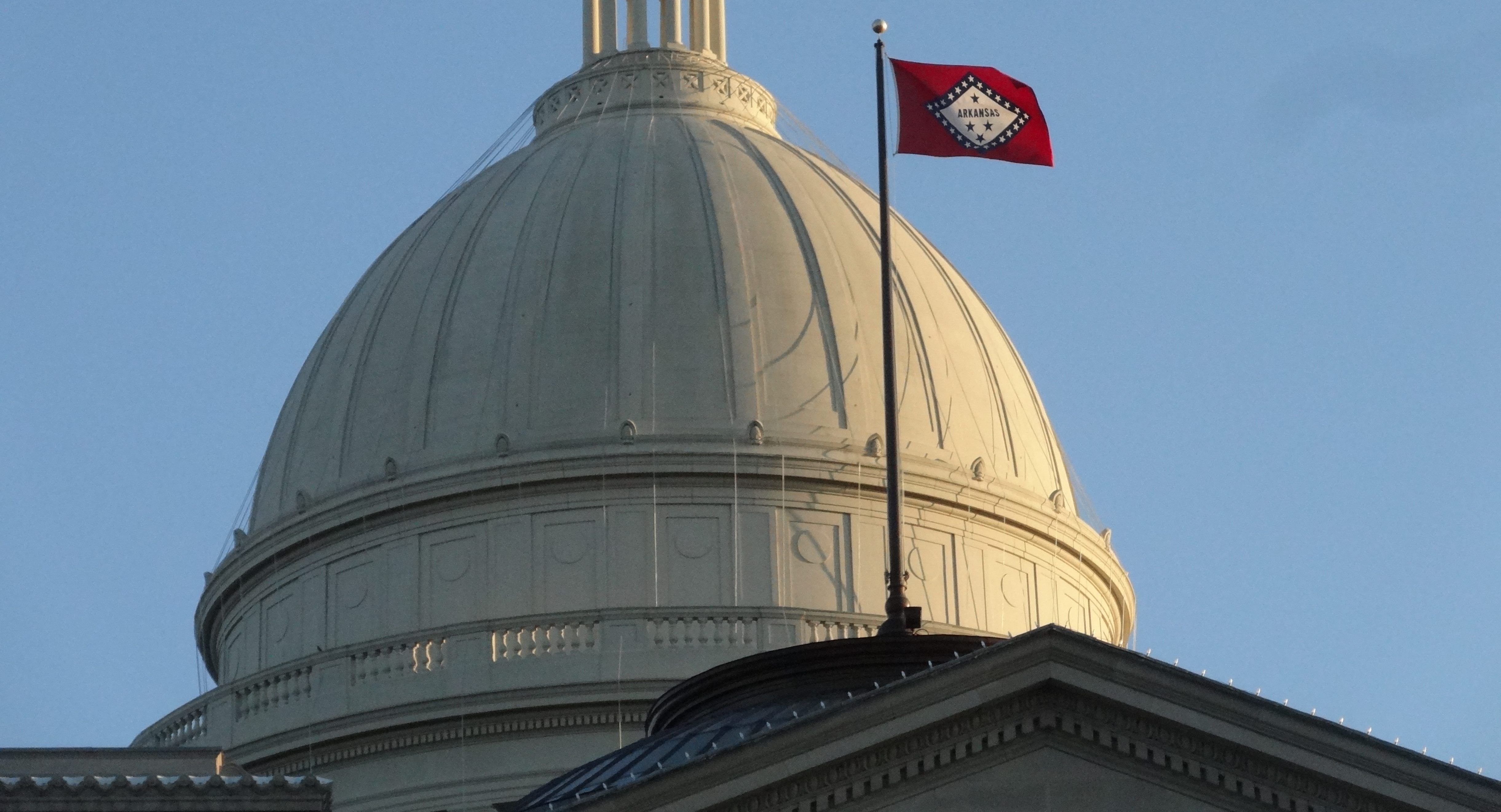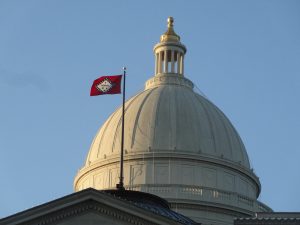Come to Pastor’s Day At The Capitol On February 15
 We are excited to host Pastor’s Day at the Capitol 2018 on Thursday, February 15, from 8:30 AM – 1:00 PM at the State Capitol Building in downtown Little Rock.
We are excited to host Pastor’s Day at the Capitol 2018 on Thursday, February 15, from 8:30 AM – 1:00 PM at the State Capitol Building in downtown Little Rock.
This free, nonpartisan event is open to all pastors, chaplains, church leaders, and their spouses.
This will be a time to focus on worshiping God, ministering to those in authority, fostering better relationships between you and your legislators, practicing good citizenship, and learning how your congregation can do the same.
You can register for Pastor’s Day at the Capitol for free by clicking here.
If you have any questions, please contact Charisse Dean at 501-375-7000 or charisse@familycouncil.org.
Come and be encouraged, empowered, inspired, and informed!



 Yesterday Sen. Majority Leader Mitch McConnell (R-KY) announced the U.S. Senate will vote on the
Yesterday Sen. Majority Leader Mitch McConnell (R-KY) announced the U.S. Senate will vote on the 
 Special elections are coming up in state Senate Districts 16 and 29 and House District 83. Voter’s can find a special voter’s guide produced by Family Council Action Committee at
Special elections are coming up in state Senate Districts 16 and 29 and House District 83. Voter’s can find a special voter’s guide produced by Family Council Action Committee at